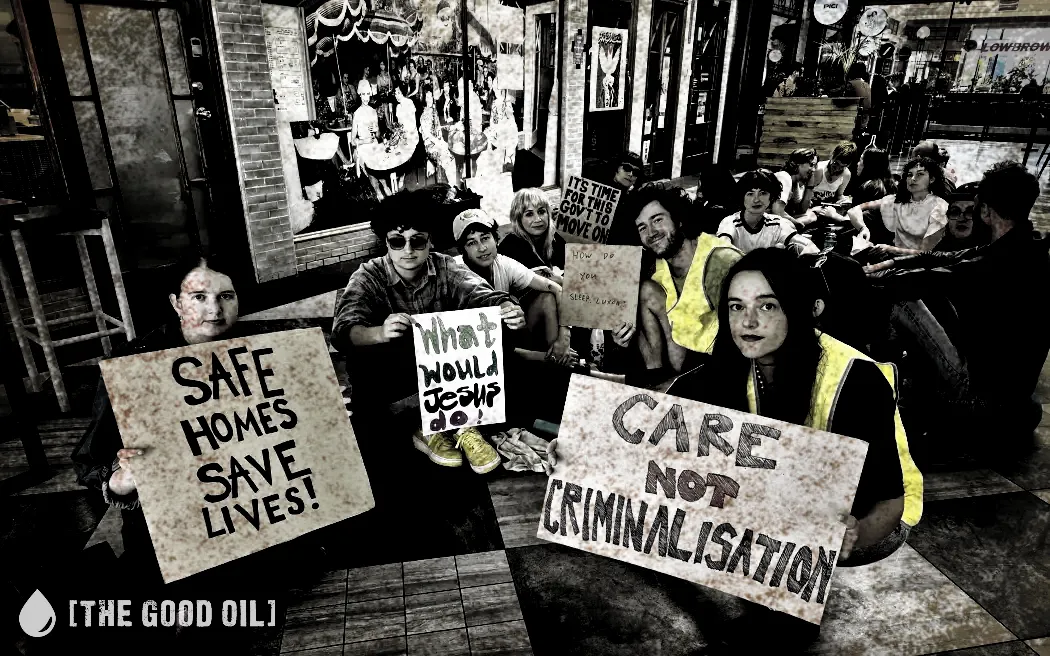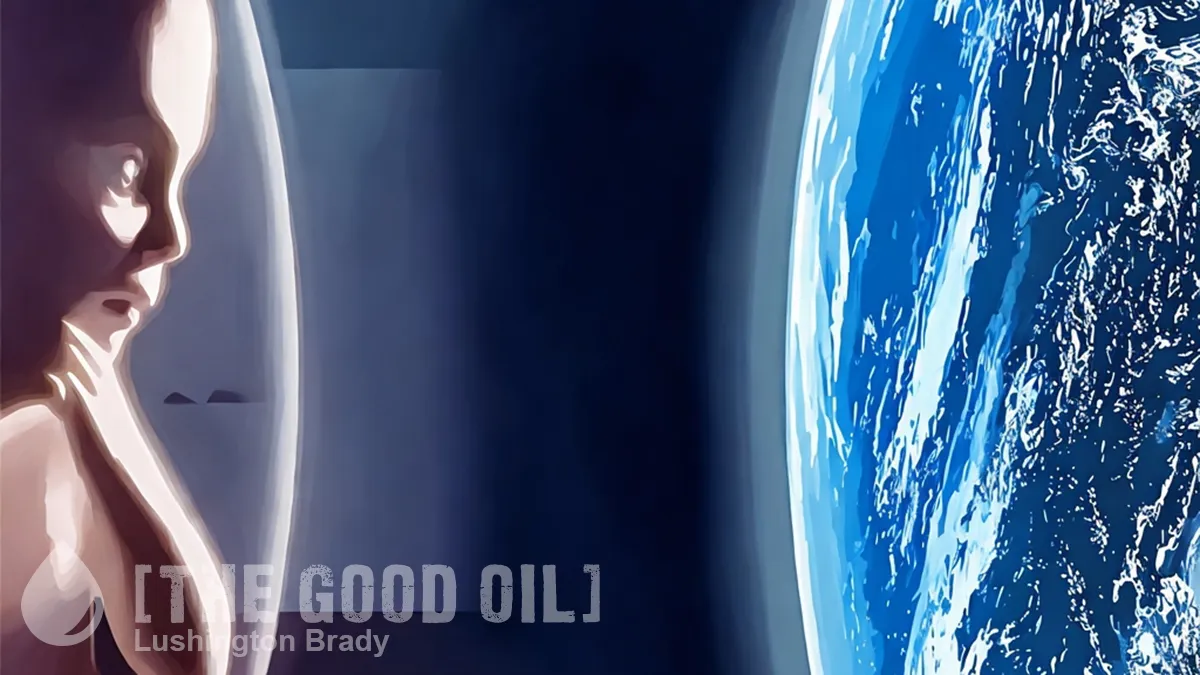Table of Contents
Legislation to allow roadside drug testing has passed its third and final reading in parliament.
[…] The legislation gives police powers to undertake random roadside saliva tests, similar to drink-driving enforcement.
Transport Minister Chris Bishop acknowledged it was not the first time a government had attempted to pass such legislation.
“We know that they’re [drugs] a major factor in many road deaths and serious injuries. We had a go back in 2022, but the approval criteria was incompatible with commercially available devices. We’re now making sure that police are equipped with roadside oral fluid screening as a road safety tool to enable the enforcement,” he said.
“I think we will look back in five to 10 years and we will say, ‘what was the fuss about?’”
My bet is in the majority of crashes where drugs are a major factor, alcohol is also a major factor. That is, if the person hadn’t been on drugs they still would have crashed due to fact that they were also drunk.
Judith Collins considered the bill’s aim as a deterrent to, and a restraint on, drug-impaired driving to be a sufficiently compelling public policy objective to justify the use of some search and seizure powers.
However, she found the intrusion on privacy was not proportionate to the public interest objective.
“The intrusion on an individual's privacy that arises from the taking of a bodily sample for the first oral fluid screening test appears disproportionate where there is no basis to suspect the individual driving is under the influence of an impairing drug,” she wrote.
This is a very important point. Random roadside testing for drunk driving is a big deal. Everyone has the right to go about their lawful business without being stopped by the cops for no reason. In the case of drunk drivers, however, we make an exception because of the threat drunk drivers represent. In the case of other drugs, there’s nothing to say that the threat drugged drivers represent as a whole justifies your right to go about your lawful business being violated.
(As an aside at least one study showed that MDMA does not impair driving and cannabis impairs driving but only insignificantly. And I know the government knows this because I explicitly mentioned the study in my submission to the select committee.)
Labour raised these concerns at the third reading of the bill, although it supported it.
The Greens, however, opposed the bill.
MP Lawrence Xu-Nan said while nobody should drive while impaired, there was a lack of evidence the bill would address the root cause of dangerous driving or drug harm.
“The oral fluid test cannot prove impairment. That’s one of the major issues because it is not like alcohol where the relationship between breath and blood levels is more strongly correlated with impairment,” he said.
“Yes, there may have been some things that have been said in terms of the accuracy of this particular oral test, but to be honest, it doesn’t actually offer the same level of reassurance as what we’re currently seeing in terms of the breath alcohol test.”
And he’s right. Just because I test positive for a certain drug because it hasn’t had time to completely flush through my system doesn’t mean I’m impaired.
But here’s what really ticks me off about the whole thing.
I have a zero tolerance rule for myself. If I’ve taken any intoxicating substance, whether it’s a half can of beer, a hit of weed, half a tab of E or even some strong cold medicine, I don’t drive. Even when I know I’d be under the limit, I don’t drive.
Which means for me, personally, whenever I get stopped to get drug tested it’s going to be a complete waste of my time and the police’s time and a complete waste of taxpayer money.
Does the fact that some people drive stoned justify me being violated while going about my business?
Show me proof that, as a whole, drivers solely under the influence of drugs are as much of a threat as drunk drivers, then I would say yes. Until then you take your stupid random roadside drug testing and shove it.
Source: RNZ


![[The Good Oil] March 2026 Political Poll](https://images.unsplash.com/photo-1540910419892-4a36d2c3266c?crop=entropy&cs=tinysrgb&fit=max&fm=webp&ixid=M3wxMTc3M3wwfDF8c2VhcmNofDk1fHx2b3Rpbmd8ZW58MHx8fHwxNzIyMzkxNTI4fDA&ixlib=rb-4.0.3&q=80&w=1304)





